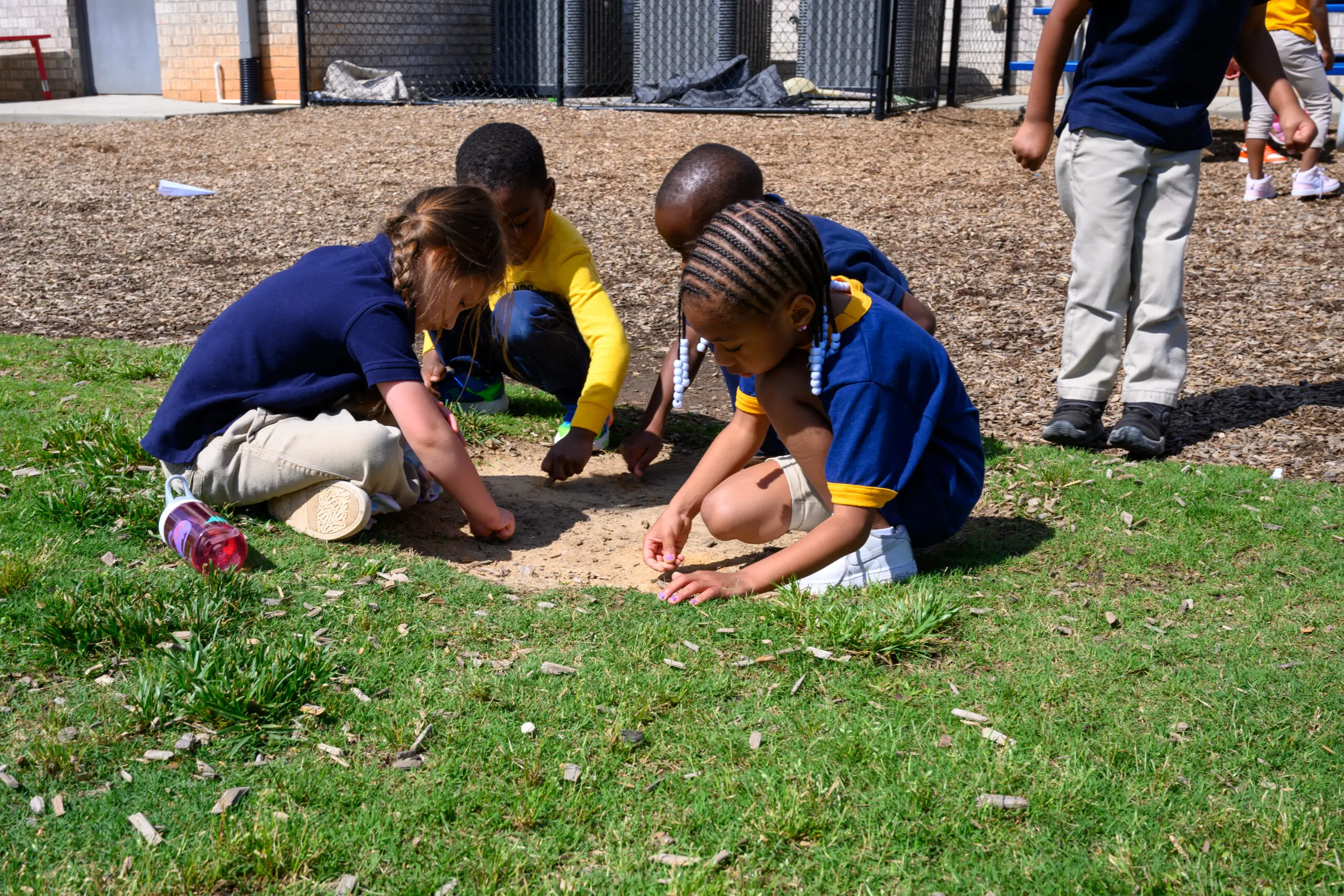
PODCAST: The Power of Project-Based Learning
In the latest episode of Light Bulb Moments, Morgan Conrad, Regional Director of Academics at Endeavor Schools, sat down with Dr. Amy Brereton, Chief Academic Officer, to discuss project-based learning (PBL) in early childhood education. Their conversation highlighted how this hands-on, inquiry-driven approach helps young children develop essential skills that prepare them for future learning.
What is Project-Based Learning?
Project-based learning is a research-backed approach that integrates multiple content areas—math, science, language, and social studies—through meaningful, real-world projects. Instead of separating subjects into rigid time blocks, PBL immerses children in hands-on problem-solving activities.
Dr. Brereton explained, “In traditional models, learning often looks like large-group instruction and worksheets. In PBL, we recognize that children already bring a wealth of knowledge and experience to the classroom. We tap into their interests to supercharge their learning.”
A Real-World Example: The Table-Building Project
To illustrate PBL in action, Dr. Brereton shared a memorable classroom experience. When a group of preschoolers struggled to fit under a play table, their teacher posed a simple question: How can we solve this problem? Instead of offering a quick fix, the children brainstormed, collaborated, and ultimately decided to build a bigger table.
Through this process, they explored concepts like measurement, engineering, and problem-solving. “They started by measuring with their feet, then their shoes, before realizing they needed a standard unit of measurement,” she recalled. This led to discussions about rulers, unit blocks, and even the differences between hardwood and softwood.
Beyond academics, the children practiced essential 21st-century skills—communication, teamwork, and persistence. “This is exactly what we want students to develop before kindergarten: the ability to collaborate, take instruction, and engage in learning,” Dr. Brereton emphasized.
How PBL Differs from Thematic Learning
Dr. Brereton also highlighted the distinction between PBL and thematic learning. While thematic units—like “Pumpkin Week” in October—offer fun activities, they often lack depth. “The theme becomes the decoration around learning rather than the learning itself,” she explained. In contrast, PBL encourages deeper exploration and critical thinking.
How PBL is Implemented at Endeavor Schools
At Endeavor Schools, teachers use the Creative Curriculum, a research-based PBL framework. While experienced educators often follow children’s interests organically, newer teachers can rely on structured project ideas. This ensures a balance between flexibility and guided learning.
Ultimately, project-based learning creates an engaging, meaningful, and developmentally appropriate approach that prepares children for lifelong success. As Dr. Brereton put it, “There’s nothing like a project to help children discover their skills, solve problems, and experience the joy of learning.”
Make sure to listen to the whole episode above to learn more about this effective and innovative educational approach!
